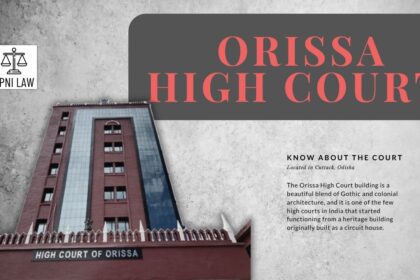Code:
(1) The accused shall then be called upon to enter upon his defence and produce his evidence; and if the accused puts in any written statement, the Magistrate shall file it with the record.
(2) If the accused, after he has entered upon his defence, applies to the Magistrate to issue any process for compelling the attendance of any witness for the purpose of examination or cross-examination, or the production of any document or other thing, the Magistrate shall issue such process unless he considers that such application should be refused on the ground that it is made for the purpose of vexation or delay or for defeating the ends of justice and such ground shall be recorded by him in writing:
Provided that, when the accused has cross-examined or had the opportunity of cross-examining any witness before entering on his defence, the attendance of such witness shall not be compelled under this section, unless the Magistrate is satisfied that it is necessary for the ends of justice.
(3) The Magistrate may, before summoning any witness on an application under sub-section (2), require that the reasonable expenses incurred by the witness in attending for the purposes of the trial be deposited in Court.
Explanation:
Section 243 of the Code of Criminal Procedure (CrPC) outlines the procedure for the accused person to present evidence in their defense. It states that after the prosecution has presented its evidence and closed its case, the accused has the right to produce evidence to support their defense.
This section ensures that the accused has a fair opportunity to challenge the prosecution’s case and present their own version of events.
Illustration:
Suppose a person is accused of theft. The prosecution presents witnesses who claim to have seen the accused stealing an item. However, the accused claims innocence and states that they were at a different location during the alleged theft.
Under Section 243, the accused would have the right to present evidence, such as witnesses who can testify to their whereabouts at the time of the alleged theft, to support their defense.
Common Questions and Answers:
Q: When can the accused present evidence?
- A: After the prosecution has presented its evidence and closed its case.
Q: What kind of evidence can the accused present?
- A: Any evidence that supports their defense, including witnesses, documents, objects, and expert opinions.
Q: Can the accused refuse to present evidence?
- A: Yes, the accused has the right to remain silent and not present any evidence. However, this can be used against them by the prosecution.
Q: What happens if the accused fails to present evidence?
- A: The court will consider the evidence presented by the prosecution and decide the case based on the available evidence.








